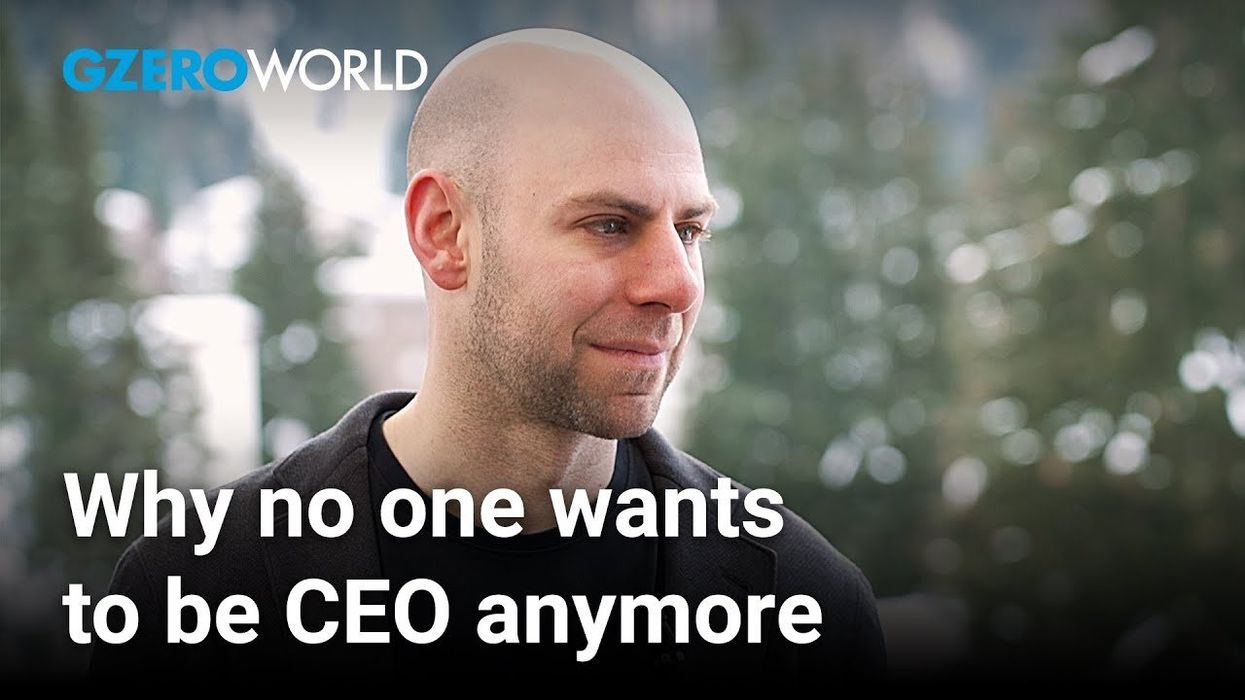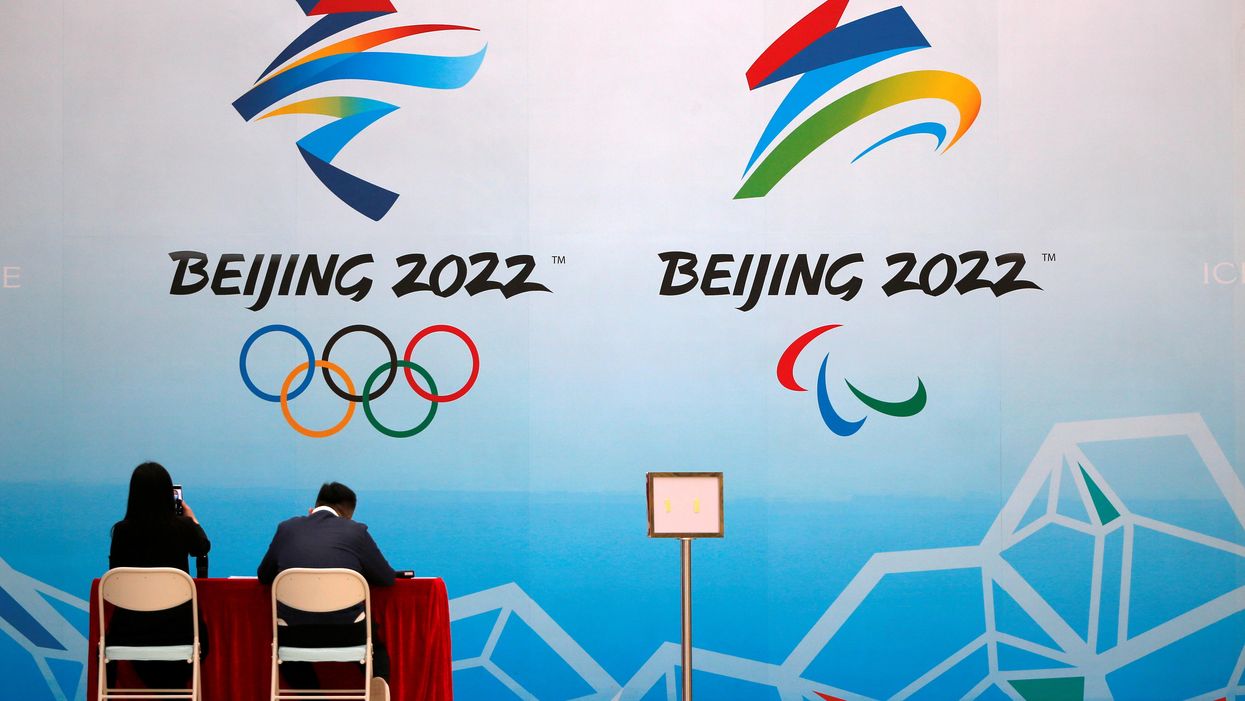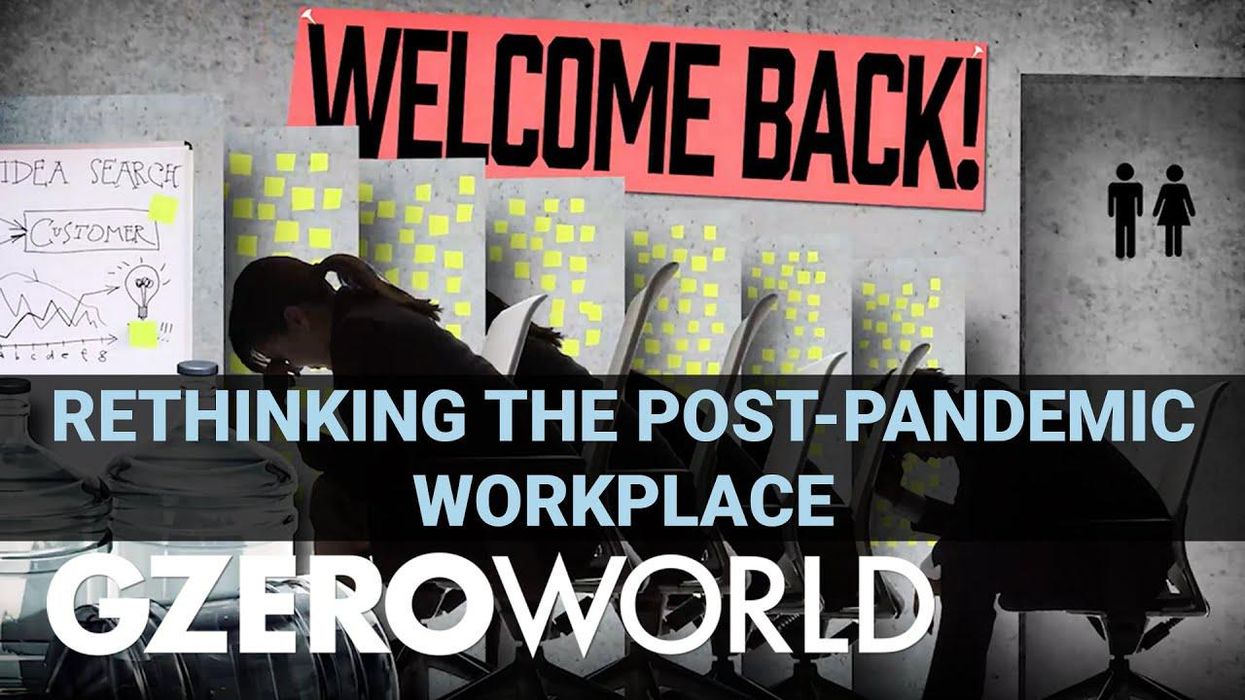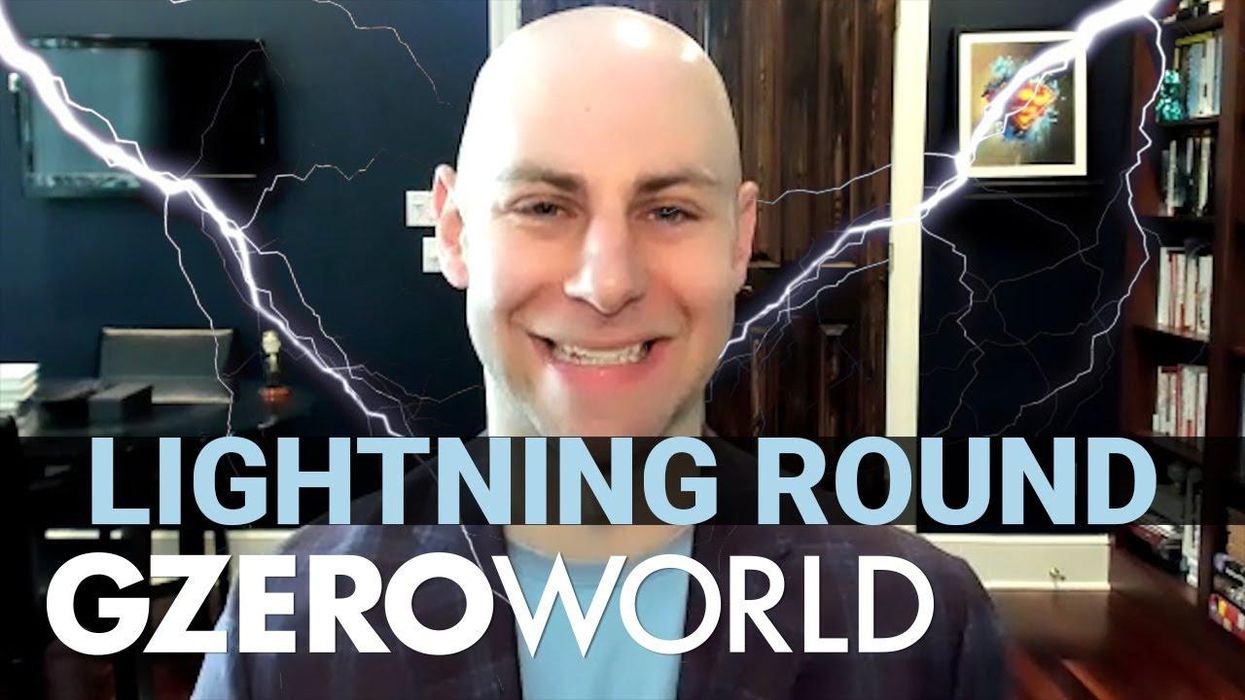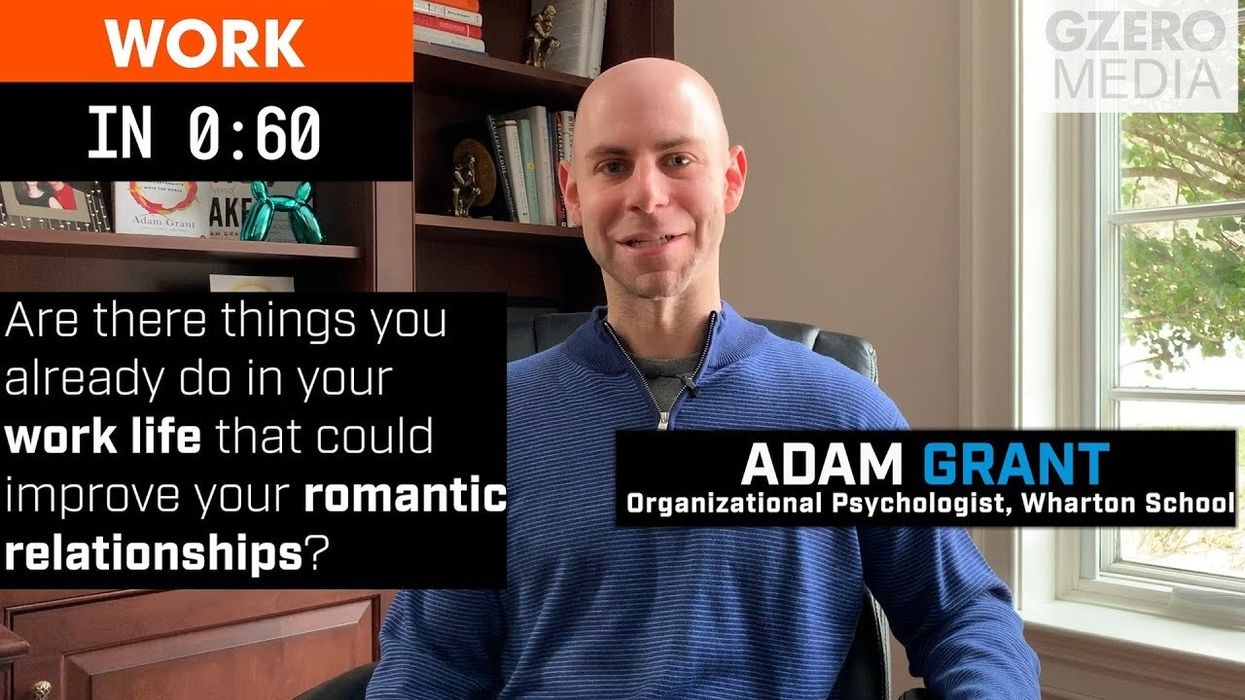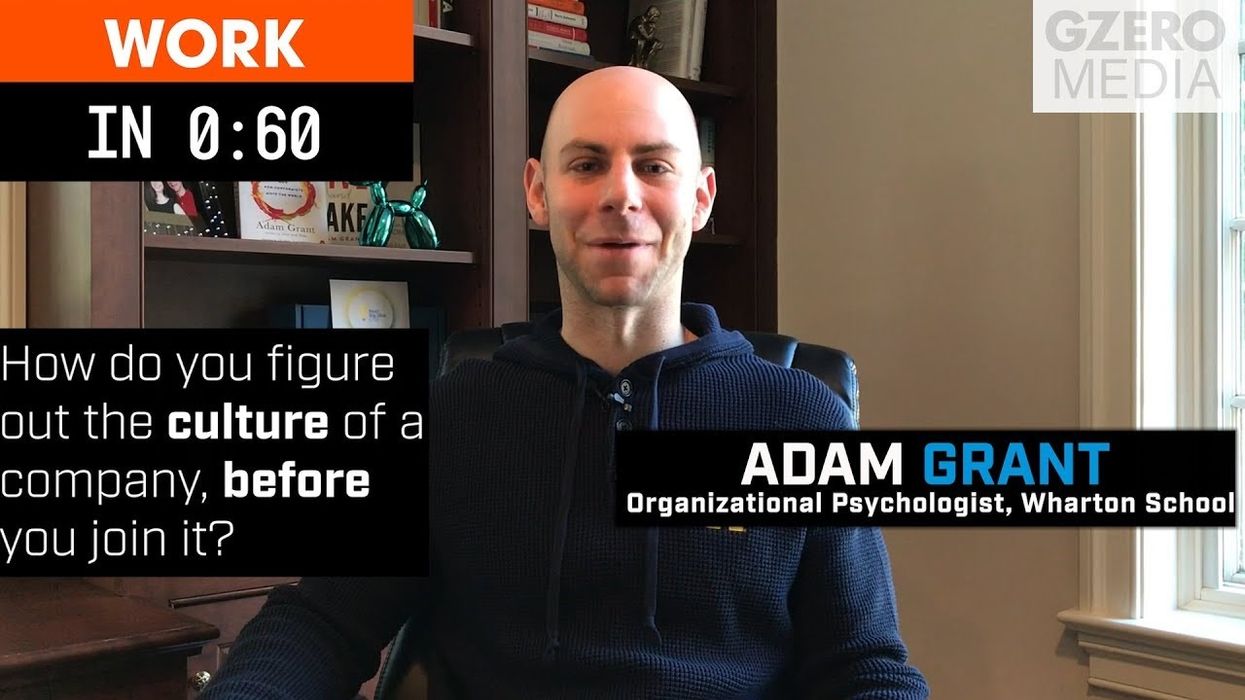GZERO World Clips
CEOs are becoming less powerful, says work expert Adam Grant
CEOs are influential and highly paid, but long hours, high stress, and uncertainty about the future is leading to “CEO burnout” and disinterest in leadership roles among young workers.
Feb 06, 2024
